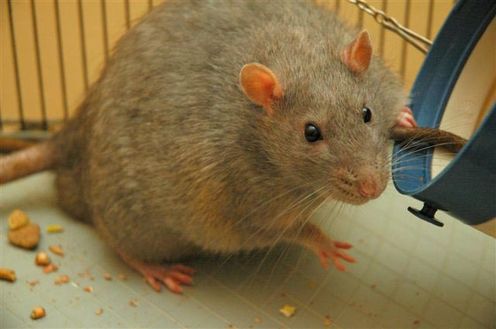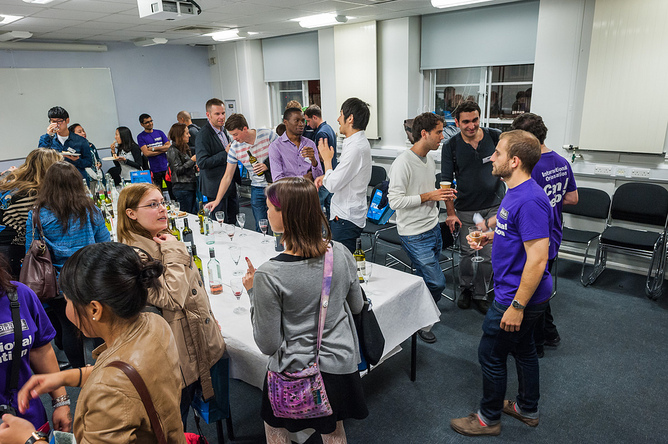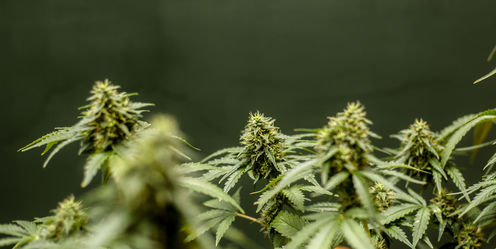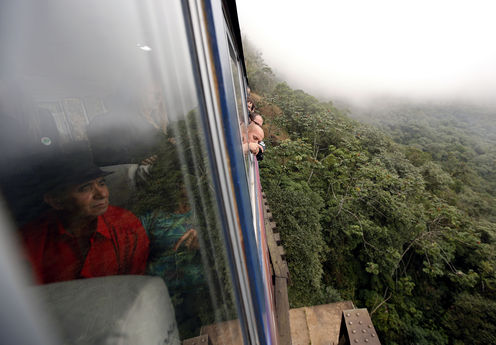 Correlation: Sitting Is Bad For Your Health And Exercise Won't Help
Correlation: Sitting Is Bad For Your Health And Exercise Won't HelpAdvances in technology in recent decades have obviated the need and desire for humans to move....
 It's About Calories, So Kimchi Is Not A Weight Loss Superfood - But You May Eat Less
It's About Calories, So Kimchi Is Not A Weight Loss Superfood - But You May Eat LessFermented foods have become popular in recent years, partly due to their perceived health benefits....
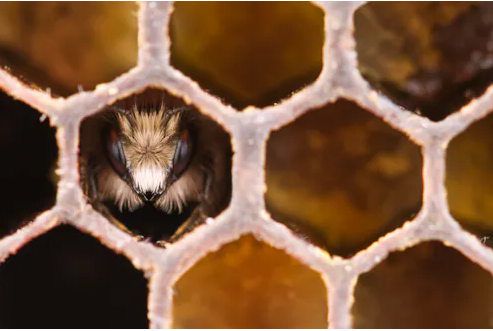 Beekeepers Are Wrong About Overwinter Hive Behavior
Beekeepers Are Wrong About Overwinter Hive BehaviorHoneybees in man-made hives may have been suffering the cold unnecessarily for over a century because...
 Why Does Anyone Still Search For The Loch Ness Monster?
Why Does Anyone Still Search For The Loch Ness Monster?Hugh Gray was taking his usual post-church walk around Loch Ness in Scotland on a November Sunday...




